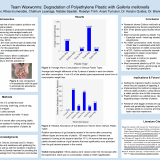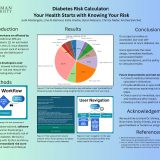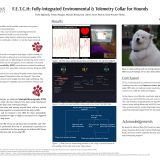
Team Waxworms: Degradation of Polyethylene Plastic with Galleria mellonella Sidney Briski, Rhea Inumerable, Chathuni Liyanage, Natalie Saadeh, Roselyn Trinh, Avani Tumuluri
May 11, 2021
The excessive disposal of plastics has caused an unfathomable accumulation of plastics in cities, sewage systems, landfills, oceans etc., and is threatening ecosystems and their inhabitants all over the globe. With the absence of a sustainable and environmentally friendly means of properly disposing these plastics, this experiment was geared towards solving this challenge. In this experiment, the practicality of utilizing bacterium, bacillus YP1 in the gut of waxworms to potentially degrade the massive accumulation of plastics was tested. Waxworms were raised in a controlled environment containing wood shavings and their designated plastic to be consumed. In order to account for the different plastic types, saran wrap, a trash bag, a ziploc bag, a grocery bag and a produce bag were used as the food source with one type of plastic given to each group of waxworms. Analysis of ddQPCR concluded that the grocery bag plastic was the most consumed of the plastics they were exposed to and the worms who were given the grocery bags had the most bacterium in their gut.
Team Waxworms: Degradation of Polyethylene Plastic with Galleria mellonella Poster


